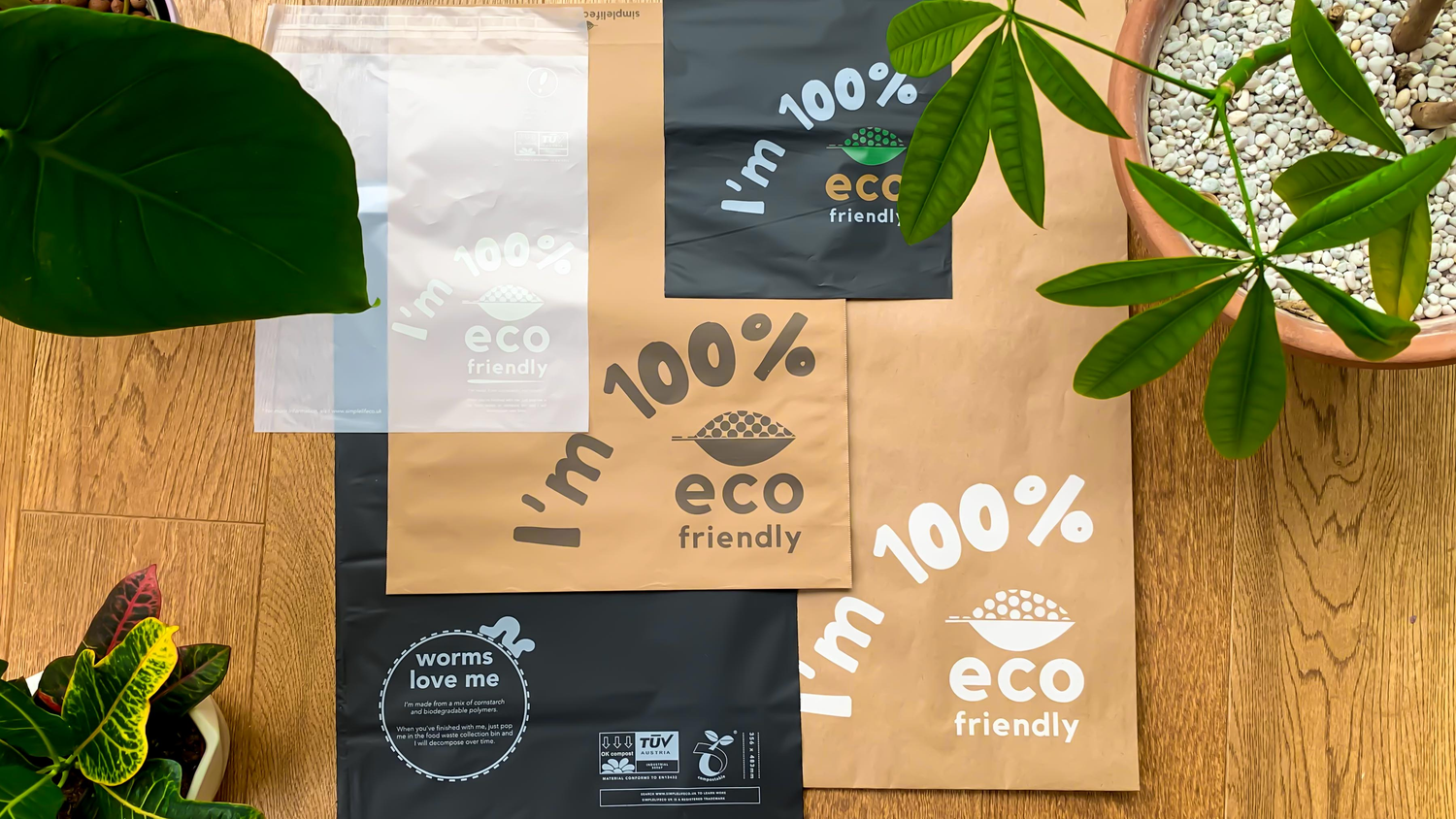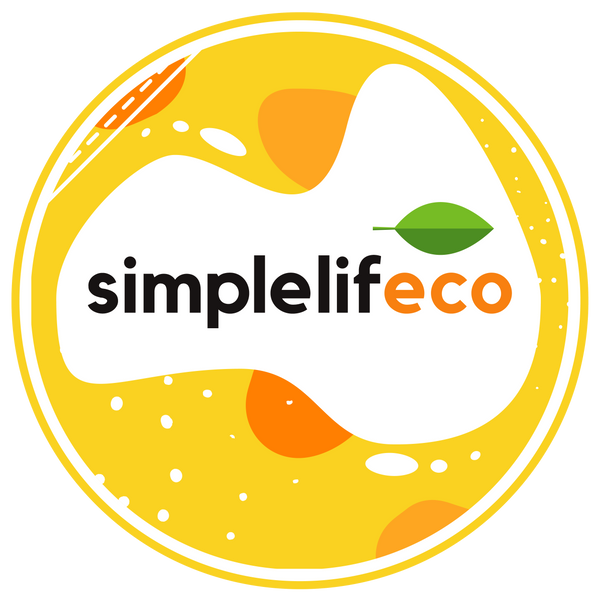Biodegradable vs Compostable - what's the difference?
Share
You’re on a quest to swap out the single use plastics and make your life a little ‘greener’, right?
The terms "biodegradable" and "compostable" seem to pop everywhere and are very often used interchangeably when talking about their disposal.
In order to make truly planet-friendly choices, it's a really good idea to first understand what both terms mean, what they don't mean, and how they differ.
To understand the difference between the two lets break down both words first….
Biodegradable Definition
The term ‘biodegradable’ refers to any material that can be broken down naturally into smaller and smaller pieces, until it is completely absorbed into the natural environment.
It can take anything from a few weeks to thousands of years for an item to break down completely, and yet it can still be labelled ‘biodegradable’.
Unfortunately, some items don’t always leave behind naturally enhancing qualities as they degrade. For example, biodegradable plastic bags may still take decades to fully break down while releasing harmful CO2 emissions into the atmosphere.
Compostable Definition
The term ‘Compostable’ refers to the process of breaking down organic waste by using the correct level of heat, water, and oxygen.
Inside a pile of organic waste, there are millions of tiny micro bacteria that consume and eventually break down the matter and transform it into compost. This compost will contain no harmful chemicals and will eventually be reused for farms or individuals for gardening and landscaping.
In order to claim that a product is fully compostable, the product has to meet all the requirements in the European Standard EN 13432. This requires products to pass the special tests that prove the product completely decomposes in a composting setting in a specific time frame, leaving no harmful residues behind.
What’s the Difference?
All compostable items are biodegradable, but not all biodegradable products are compostable. In a nutshell, compostable products are also biodegradable, but with an added benefit.
Although biodegradable materials return to nature and can disappear completely over time, they do sometimes leave behind harmful residues which isn’t good for our planet. Compostable materials the other hand are full of nutrients and great for plants when broken down completely.
Hope this helps, and have a super day!
Beth
🧡💛✨🌱🌍

